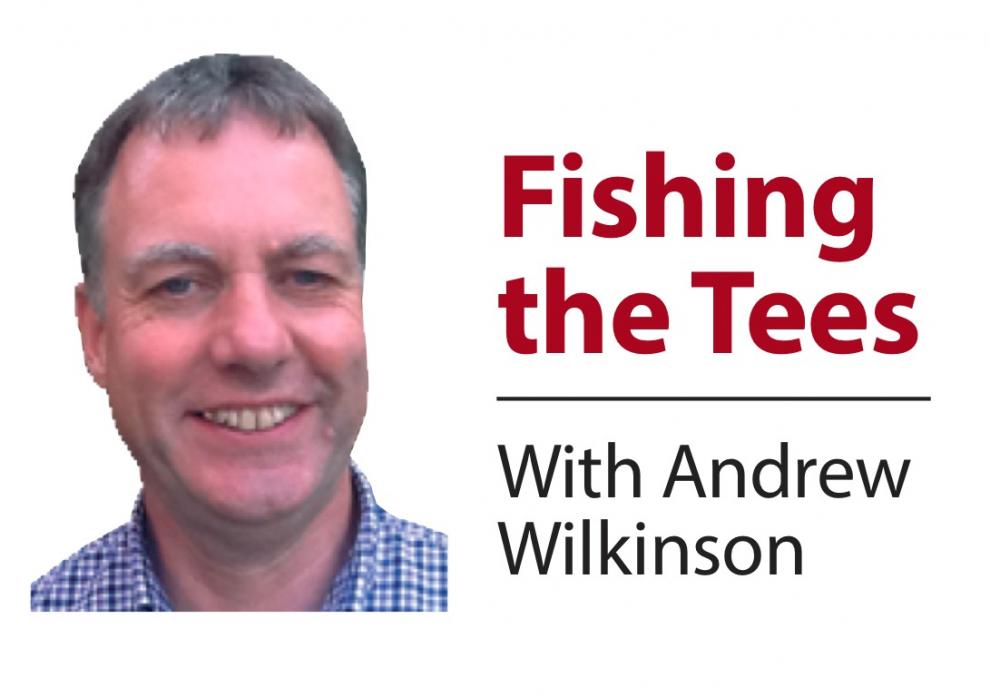
THE trout season on the Tees was a good one – despite it starting late because of the lockdown.
The seven lost weeks were quickly forgotten as some big trout were caught.
We reported earlier in the season that James McCrindle reeled in a 3lb 2oz brown trout, and that was not the only three pound-plus trout taken around Barnard Castle.
I managed to top the 3lb mark – for the first time in 50 years on the Tees – with a super fish that fell to a gold bead Pheasant Tail Nymph.
I returned the fish without weighing it, but was with an angler who used to run a trout lake, and stocked weekly with brown and rainbow trout, so is an excellent judge of fish size.
I had another to around 2lb 12 oz, and have caught several of over the 1lb mark.
So have other anglers, and it isn’t just big trout that have obliged.
Grayling to 2lb 8oz, and a 9lb salmon from Middleton are among the other impressive fish reported.
One possible reason for the bigger trout is that they feed on the protein rich American signal crayfish that have found their way into the river over the last few years.
Whatever the reason for the bigger fish, it could bode well for the future because big fish breed big fish. Hen trout of a good size will lay bigger eggs, which in turn could develop into big fish.
Anglers are much more conservation minded than they used to be and many rarely, if ever, keep the wild trout they catch.
I remember the era when there was a daily 10 fish limit, and some anglers would regularly keep most of the fish they caught that were above the permitted size.
Most clubs still allow trout to be kept, and while the obvious thing for those who want a fish for the table is to retain the big fish, it might be better to return them, and keep an occasional average size fish.
That way the biggest fish will be able to breed heftier trout.
Looking to the future the sport needs more anglers, particularly the younger generation, as well as more fish.
It’s encouraging to report that when lockdown lifted there was a surge in rod licence sales.
The Environment Agency reported a 230 percent increase in sales.
The impressive figures occurred between May 13, when the restrictions were lifted, and June 9 with more than 335,000 licences sold, 200,000 more than in the May-June period last year.
Whether the boom was in coarse or game fishing – or both – the extra revenue will provide important funds for further improvement of the nation’s freshwaters and help keep clubs alive.
One upper Teesdale angler might have discovered that when he hooked a good fish and reached for his net, it wasn’t there.
A scoop net has been found at Widdybank Farm. It can be recovered by contacting Mike Collins on 0191 5655684.
Mike reports that towards the end of the season trout were taking wet fly patterns with a dash of gold.
Fish will take gold and silver ribbed patterns throughout the season, and often increasingly so towards Autumn when they are feeding greedily to fatten up for the winter.
Most species of fish, as well as other animals, are preparing for the cold months. They do so without the fuss that we make.
We face a tough winter this year, with Covid as well as the usual flu symptoms. But we should not forget that the seasons are the annual cycle that our native plants and animals face.
They are all trying to build up fat reserves, and get into the best possible shape to survive the long weeks of hardship – or in the case of salmon and sea trout, force their way up the rivers to spawn.
Unlike us, our wildlife do what they must do without moaning, groaning and playing the blame game.
We can learn a lot from them, and angling brings us closer to the natural world, and teaches us that we are all part of the seasonal challenge that helps define our lives.





